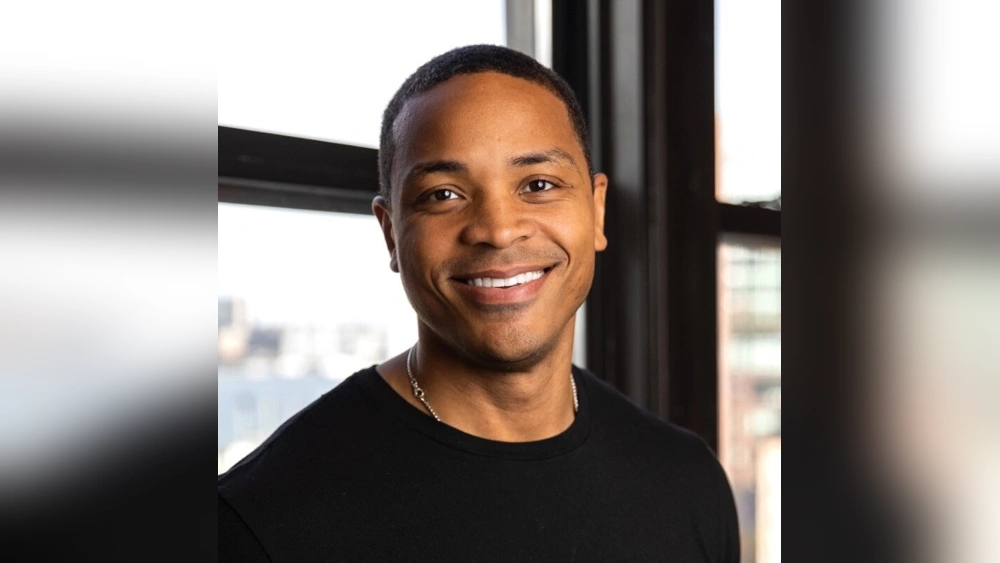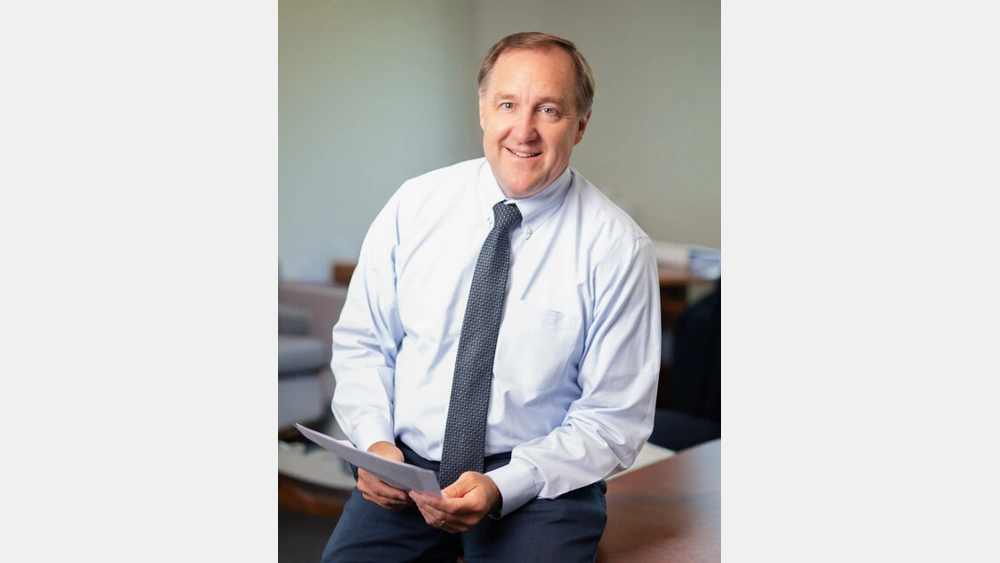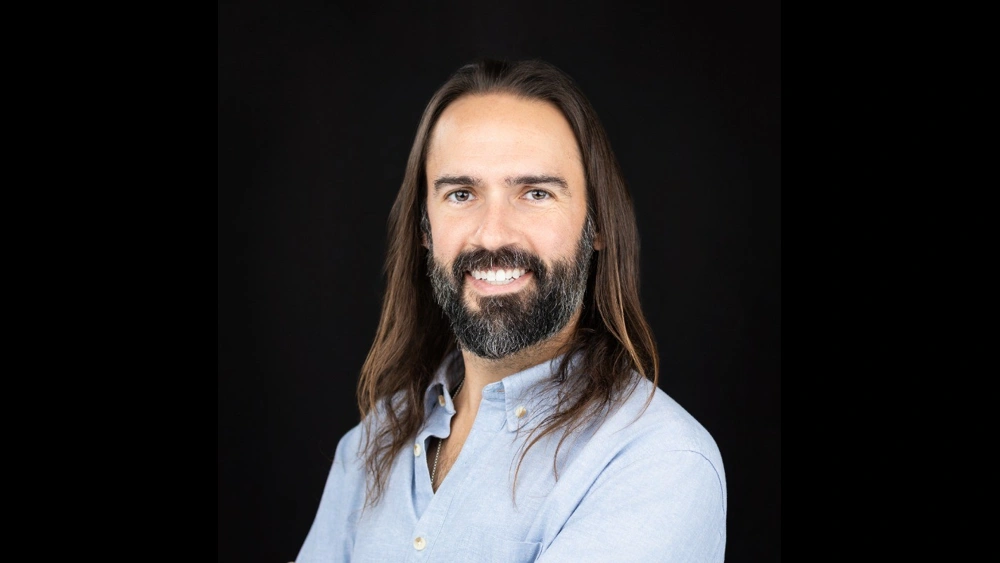In 1887, John Dalberg-Acton famously declared, “Power tends to corrupt, and absolute power corrupts absolutely.” This quote, often cited as a universal truth, continues to dominate conversations about leadership misconduct. But contrary to its popularity, this idea oversimplifies a far more complex reality. Power doesn’t corrupt—it transforms.
Power is not inherently evil. It doesn’t compel people to act unethically. Instead, it provides opportunities that reveal choices—and those choices reflect the individual, not the power itself. While power may tempt and enable, the responsibility always rests with the one who wields it.
The real danger lies in how power subtly affects even well-intentioned leaders. It creates a psychological divide between them and their teams. This inevitable gap distorts communication, weakens empathy, and pushes leaders to rely more on personal instincts than on collaborative input.
Firstly, information flow deteriorates. Subordinates may hesitate to challenge or correct a leader, making it harder to detect blind spots. Secondly, leaders become less attuned to the emotions and needs of others, often missing important cues and defaulting to stereotypes. Thirdly, over-reliance on personal judgment can steer leaders toward goals that serve personal interest rather than collective purpose.
Additionally, power feeds ego. It boosts self-esteem and can make leaders more expressive—but also more impulsive and overconfident. Overconfidence reduces their ability to self-correct, increasing the risk of poor decisions. Moreover, the fear of losing power—a unique insecurity tied to leadership—can drive defensiveness and reactive behavior, especially in those with high power needs, dominant styles, or narcissistic traits.
The solution isn’t revolutionary—it’s practical. Leaders must minimize the psychological distance from their teams and actively promote open communication. Encouraging honest feedback, discouraging flattery, and embracing uncomfortable truths are essential steps. Leaders must stay curious, question assumptions, and resist defensiveness.
Research shows that the most effective and ethical leaders aren’t defined by charisma or intellect—but by diligence. Persistence, discipline, and deliberate behavior enable leaders to resist power’s more toxic effects. Those who act with care and consistency tend to maintain integrity, while those who lack focus are more likely to falter.
Ultimately, power doesn’t corrupt—it reveals. And it is every leader’s responsibility to manage its influence through vigilance, humility, and the quiet strength of diligence.
Explore CXO Insider for the latest innovations in Operations, IT, and Finance, featuring valuable insights from top C-Level industry leaders!
Source: Ceoworld.Biz




